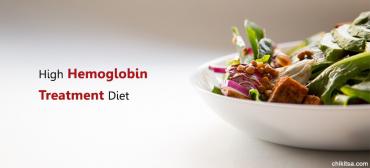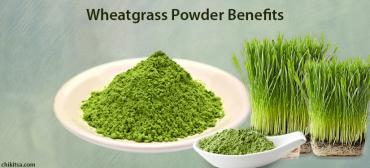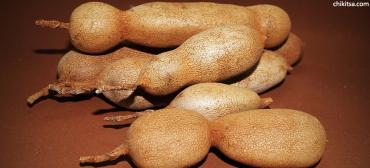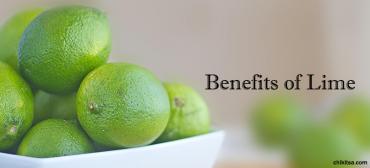Eating Seasonably!

Come summer, the market is flooded with watermelons and mangoes. Similarly, when winter sets in slowly, we get to see a lot of apples, oranges, kiwis and pomegranates. Behind such seasonal fruit eating, there is a strong reason. Fruits of a particular season ripe naturally and are nutrient rich. On the flip side, fruits that are available all around the year would have been shipped from a different place and are stored in freezers. Their nutrient levels deplete day-by-day making them useless.
Another scientific reason is that seasonal fruits fight against illnesses that are seen during that season. In summer, we easily get dehydrated and succumb to heat strokes. Watermelons that are available in summer contain huge amounts of water and electrolytes that hydrate the body and regulate metabolism. So is the case with oranges in winter. All of us prone are prone to colds and coughs when the temperature drops down. The vitamin C in oranges boosts body immunity and prevents cold bouts. Aren’t these enough reasons to stick to seasonal fruits? To make it easy, we have compiled a list of seasonal fruits and their benefits. Take a look and start eating seasonably!
Summer Fruits
Watermelon – The first fruit that hits the market in summer is the sweet watermelon. About 92% of the fruit is made of water and the rest of it is full of vitamins B and C, amino acids, lycopene and electrolytes sodium and potassium. Melons also prevent blood pressure fluctuations, cancer and even respiratory disorders like asthma and bronchitis. The red pigment of the watermelon fruit is produced by a compound named lycopene that is also found in tomatoes. This compound triggers health conditions in the human body, boosting immunity.
Mango – The king of fruits, mango is a favourite for everybody. Its vitamin and fibre rich flesh makes it the best for weight loss, cleansing the body and skin and strengthening the immune system. Mangoes are also known for their high vitamin A content that is responsible for keeping eye problems in check. Those who venture out into the open during summer must make mango juice a part of their diet every day. Mash one ripe mango; add little water and honey and consuming it after coming home prevents heat strokes and dehydration.
Papaya – Another fleshy fruit that is rich in vitamin A and C is papaya. Though there are a few varieties of papaya that are available all through the year, it is advisable that you consume it only in summer. Even in ancient medicine papaya was an integral part. The seeds were crushed and used to treat intestinal disorders, parasites and stomach worms. In most of the facial packs we get in the market, papaya forms the base purely because of the fruit’s anti-ageing and acne fighting properties. Antioxidants and minerals of papaya cleanse the skin from inside by flushing out the toxins. For those fighting with obesity, papaya can be their best friend. Eating the fruit as part of their daily meals makes the stomach feel full and prevents overeating.
Winter Fruits
Orange – This citrus rich fruit has been termed as the world’s healthiest foods by the WHO. Vitamins A and C, vitamin A precursors, potassium and pectin are found in abundance in oranges. All these nutrients join together to fight against gall bladder stones, urinary tract infections and indigestion. The high vitamin C content aids in making the immune system healthy and prevents cold and cough that commonly occur during winter season.
Apple – An apple a day truly keeps the doctor away! Vitamin C and fibre rich apple is the best food mankind can ever get. People with severe digestion problems must take the help of these crunchy apples to cleanse the system and digest food on time. The fibre is that is found in apples is not found in any other food source. The antioxidants in apples fight cancerous and tumours cells and also purify the flowing blood. For obesity and weight loss too, apples can be just right. Since they make our stomachs full, our urge to eat is nullified.
Chiku or Sapodilla – Another popular winter fruit is chiku, the juice of which is more popular everywhere. This fruit is the best when it comes to its tannin, fibre, zinc and vitamin E content. These nutrients make it best for fighting colds, illness of the heart and muscular system. Chiku is also an excellent diuretic. It cleanses the kidneys and other parts of the excretory system preventing water and toxin retention.








